2009 / Lukas Moodysson > Did Inarritu ghost-direct this? It’s got Babel-lite all over it. The whole thing is so predictable, so messy, so amateur, I’m frankly a bit troubled. Maybe Moodysson just wanted to try his angle at the liberal apology for globalization, but this is too shallow and too simplified. As much as I hated A Hole in My Heart, I’d prefer see more risky endeavours than this kind of mediocrity.
Category Archives: 2.5
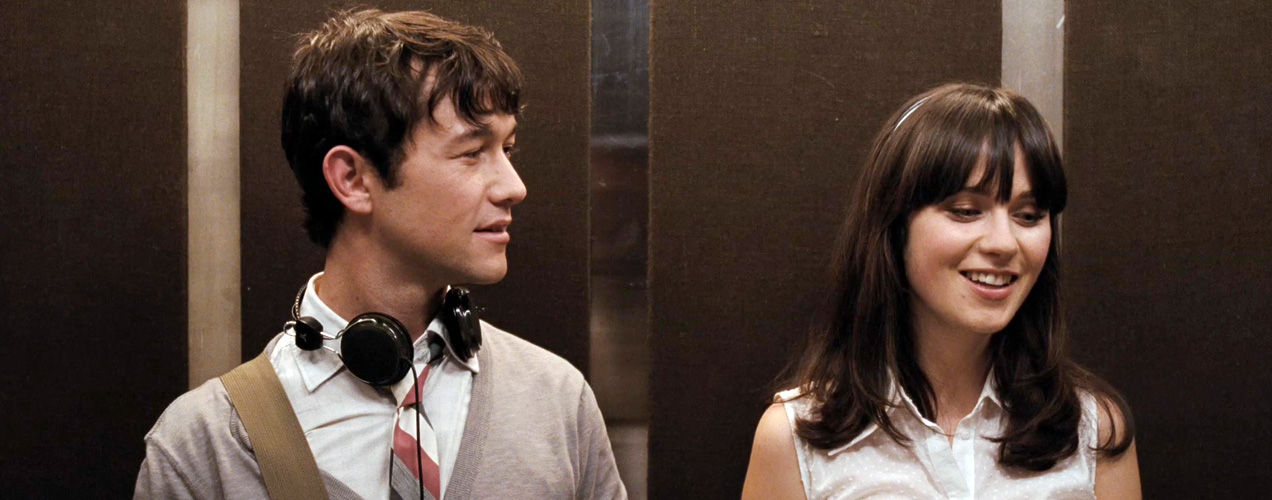
500 Days of Summer
2009 / Marc Webb > This started out well. I can understand the premise of a so-called serious story about how relationships are in the real world. Hollywood doesn’t produce real world stories because they don’t sell tickets. Though frankly, they don’t sell tickets because Hollywood isn’t particularly good at telling real world stories. In that regards, it was with great excitement that I approached 500 Days of Summer, which seemed to be slowly taking the world by storm (as it sits at #116 on the IMDb 250 right now). A small, independent romantic dramedy doing well is something to cheer for. But for me, it just doesn’t stack up.
The biggest epidemic in independent film continues to be quirkiness for the sake of quirkiness. Form fails to follow function, and we end up with a bunch of silly side-effects that don’t necessarily move the story or create a certain mood. The boardroom scene, for example: The speech was bad enough, but his friend’s reaction? Ten times worse. That’s a film groveling to its audience, saying, “I know this is what I’m about so far, but just in case you don’t like it, we also have some silly, stereotypical characters who will make you laugh by doing silly things!” That’s lazy, and honestly, disappointing. Throw in the whole expectations vs. reality sequence, and you’ve got it tailor-made for emotional manipulation.
Joseph Gordon-Levitt is as exciting an actor there is in my generation. Walloping this into the group with Mysterious Skin, The Lookout and his work on Third Rock from the Sun exposes his obscene range. On the other end of the spectrum is Zooey Deschanel, who continues to waste her abilities by taking the most banal of roles. If you think she’s two-dimensional in this, you probably shouldn’t watch Gigantic either. The poster girl for the modern hipster female desperately needs to outgrow her peculiarities. Someone get her a role where she plays something other than the girl that every geek wants to get with.
All this being said, I do respect the film for trying to bring a certain feel to the masses. It slipped (quite a bit, in fact), but the direction is good. Hannah Takes the Stairs will never be mainstream, and sadly neither will Chungking Express, but if the story of heartbreaks is going to get bought on Blu-ray (and maybe even get an MTV Movie Award nomination), Webb may be one of the guys to lead the way. And while it doesn’t sound like it, such a feat would deserve accolades.
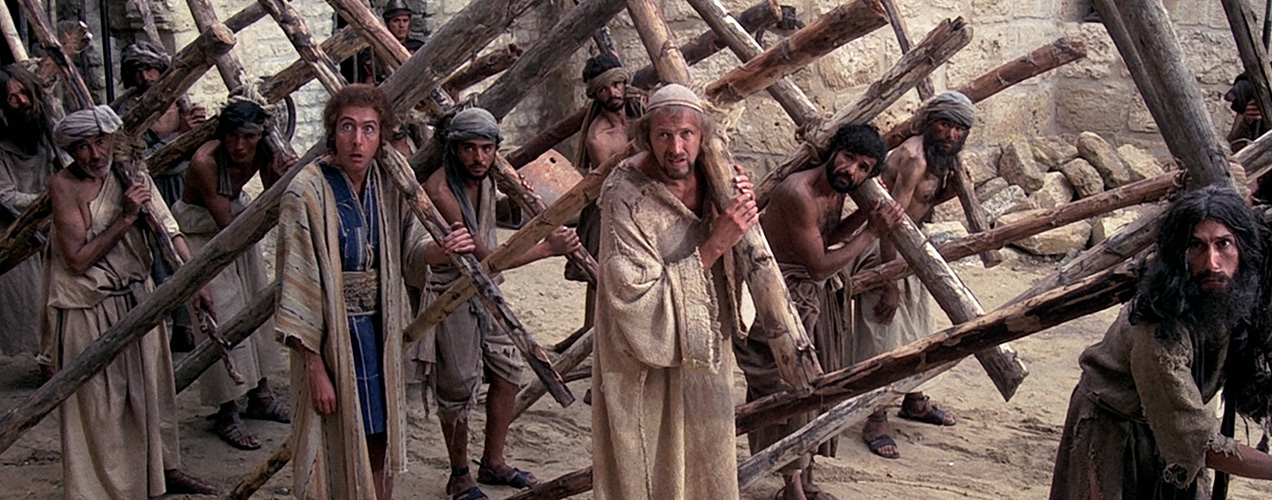
Life of Brian
1979 / Terry Jones > There are a lot of renowned comic troupes in the world, and often they exist in variety because different audiences clamor for different styles of humor. Well, count me out of the Monty Python crowd. This isn’t my cup of tea. Life of Brian definitely had moments of ingenuity, but far too often it missed and felt repetitious. Moreover, when the joke’s on someone who’s made into a punching bag (as these characters are), the intended satire can lose a lot of its charm.

Frankenstein
1931 / James Whale > Regardless of what kind of classic status Whale’s Frankenstein may hold in the annals of cinema, the fact that it mostly circumvents the humanist touches of Mary Shelley’s original work keeps it from actually being a great film. So much of this hinges on the simple fact that the creature is never given a chance to grow and mature. In the novel, it’s Frankenstein’s fear that drives the creature into madness, but here it’s the doctor’s assistant making a mistake by providing an “abnormal brain” for the experiment. Therefore any sort of commentary the film tries to make becomes null. Criminal brains do criminal things, so where’s the lesson of morality and the God factor? Shelley tried to warn of taking life and death into the scientific framework whereas Whale gives us no particular basis to believe that it’s good or bad, simply that you have to make sure to pick the brain of a gentle, loving person in order to create a creature that may also be gentle and loving. When the viewer already expects the worst, then the compassion for the creature is lost, and in the process, so is the wonder and warning within the story.
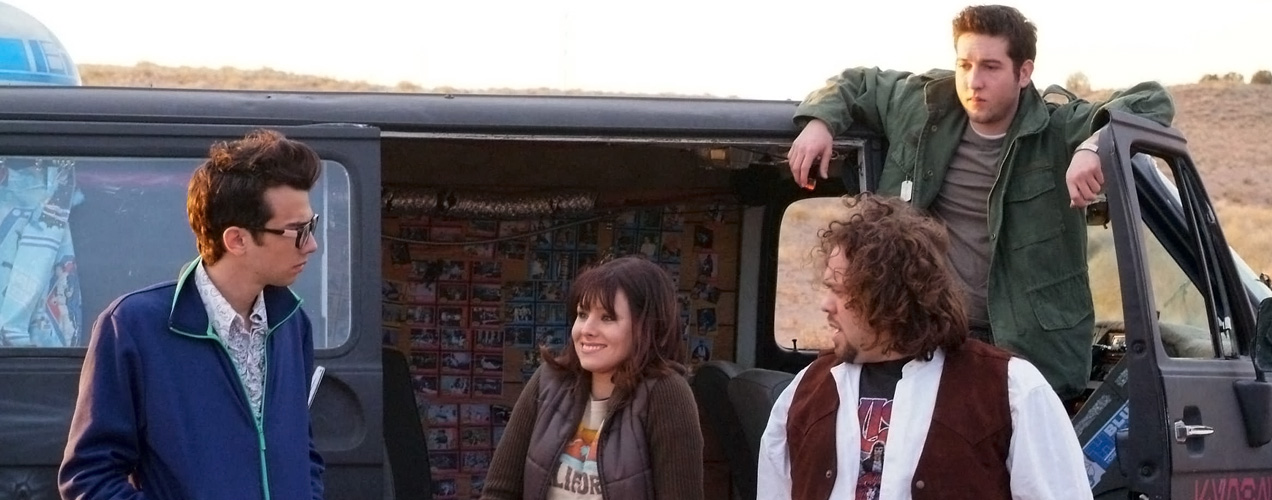
Fanboys
2009 / Kyle Newman > Sadly, the funniest parts of this Star Wars geek-a-thon are all in the trailer. Probably a must-see for those who can recite the Boba Fett entry in Wikipedia from memory, the movie does nothing else to field itself away from a typical teenage comedy. It also comes off as a half-assed, stereotypical attempt at rationalizing the world of fanboys. Then again, we all know this bit to be true: Dan Fogler has made out with Maggie Q, and most of us haven’t.
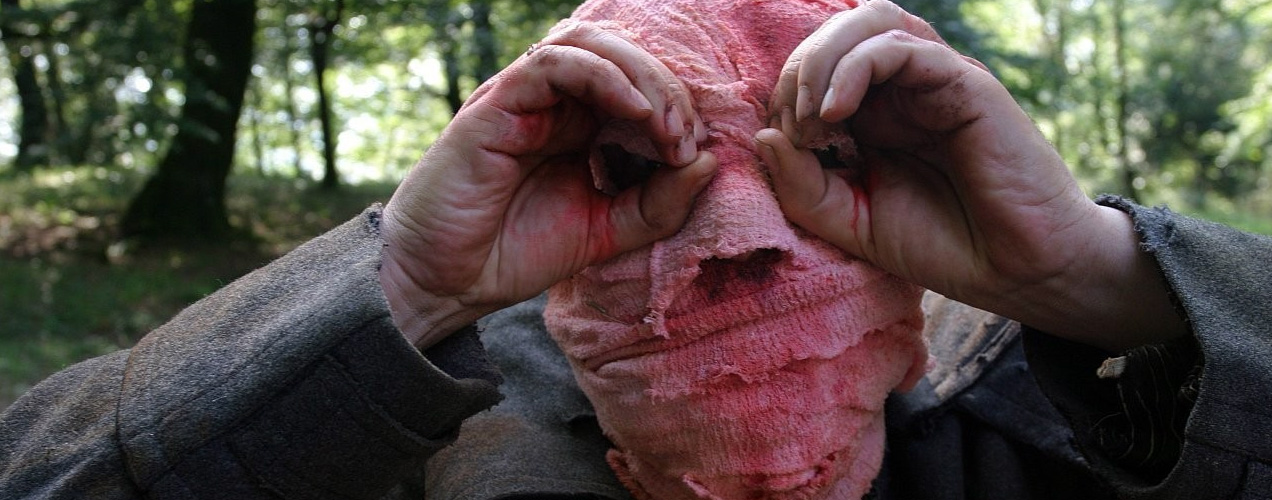
Timecrimes
2007 / Nacho Vigalondo > I wasn’t a big fan of Primer, so I should have assumed I wouldn’t like this as well. Time travel for the sake of time travel seems to be a fairly unappealing topic to me. It should have a greater purpose, or at least, that the technique should be used to propel a bigger story that surrounds it. Nonetheless, this was a nice diversion, even if there’s a loophole that no one’s been able to explain to me. And since it looks like David Cronenberg is coming at us with a remake, I’ll have another chance to revisit my theories at a later time.
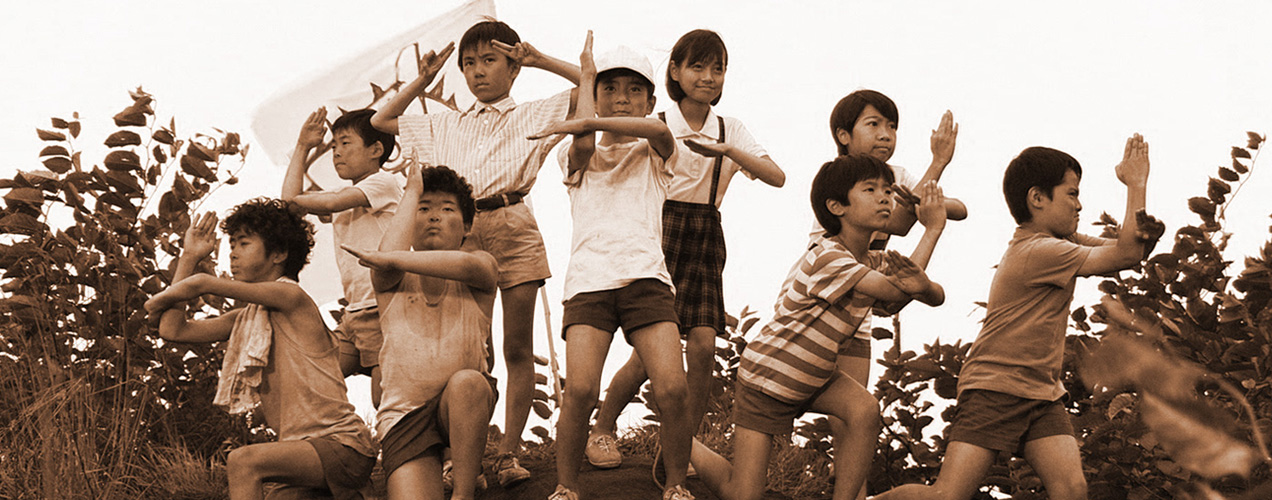
20th Century Boys 1: Beginning of the End
 2008 / Yukihiko Tsutsumi > I’ve only read a handful of comics in my life, but easily one of the most fascinating (and daunting) was Naoki Urasawa’s 20th Century Boys. It spanned decades, continents and felt epic from the start. But translating such epics to the silver screen has always been an issue: More often than not, the story is altered for a new generation or the heroes and heroines are significantly miscast. Here, these are not issues. The movie stays true to the original and most of the actors seem proper enough for their roles. The big problem arises from the film’s mediocre production. For a film with one of the biggest budgets in Japanese history (around $60mn), the final product seems like it was dusted off the bargain bin. The colors are flat, lacking the glossy, refined look needed for this kind of movie and even the blood gushing scenes reek of amateur techniques. Japan, as a country, is not keen on blockbusters. When it comes to quiet, reflective cinema, it has excelled for the past decade but the mega-movie style of Hollywood continues to evade them. And it’s quite sad because 20th Century Boys should be as hyped up as Watchmen, yet the film will remain unmarketable outside Asia (and to certain manga buffs) because of its lack of polish.
2008 / Yukihiko Tsutsumi > I’ve only read a handful of comics in my life, but easily one of the most fascinating (and daunting) was Naoki Urasawa’s 20th Century Boys. It spanned decades, continents and felt epic from the start. But translating such epics to the silver screen has always been an issue: More often than not, the story is altered for a new generation or the heroes and heroines are significantly miscast. Here, these are not issues. The movie stays true to the original and most of the actors seem proper enough for their roles. The big problem arises from the film’s mediocre production. For a film with one of the biggest budgets in Japanese history (around $60mn), the final product seems like it was dusted off the bargain bin. The colors are flat, lacking the glossy, refined look needed for this kind of movie and even the blood gushing scenes reek of amateur techniques. Japan, as a country, is not keen on blockbusters. When it comes to quiet, reflective cinema, it has excelled for the past decade but the mega-movie style of Hollywood continues to evade them. And it’s quite sad because 20th Century Boys should be as hyped up as Watchmen, yet the film will remain unmarketable outside Asia (and to certain manga buffs) because of its lack of polish.
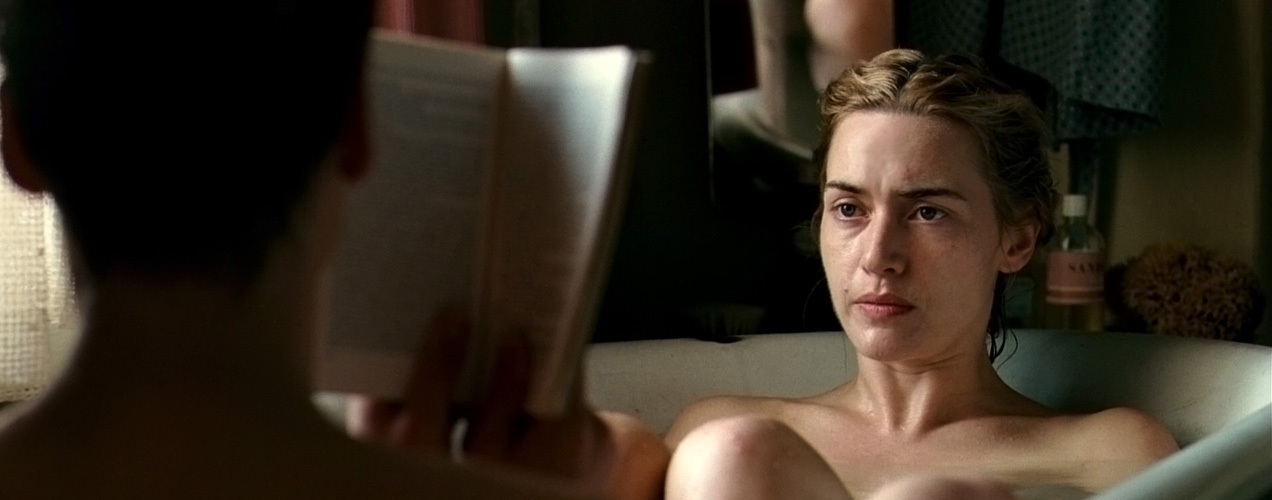
The Reader
2008 / Stephen Daldry > In a guest appearance on the Ricky Gervais/BBC sitcom Extras, Kate Winslet joked around about how she may finally win an Oscar by playing a role in a Holocaust film. As fate would have it, the Academy somehow overlooked her incredible turn in Revolutionary Road for her portrayal of Hanna Schmitz in The Reader, an ex-Auschwitz prison guard with a couple of mystifying secrets. When you think about it, this was made for a nomination, but the tragedy may be that she’ll actually win for a mediocre film whose sole purpose, it seems, is to apologize on behalf of all the no-holds-barred anti-Nazi sentiments apparent in our world today.
This is where it gets tricky: It’s understandable to humanize those who have committed heinous acts against humanity. There’s always another side to the story, and that side should always be heard. We are a society that depends on a fair trial, so it’s almost necessary that we should extend that courtesy to even those who have sided with the Third Reich. At the same time, it’s downright laughable how The Reader approaches this process. As the film unfolds, it becomes infuriating to see the opportunities that could further enhance our understanding of Hanna’s character ignored in order to slap our faces with the literal meaning of the title. We are not children, and if you want us to give into our conscience and empathize with those who have caused the world so much grief, you have to give us a better reason than illiteracy.
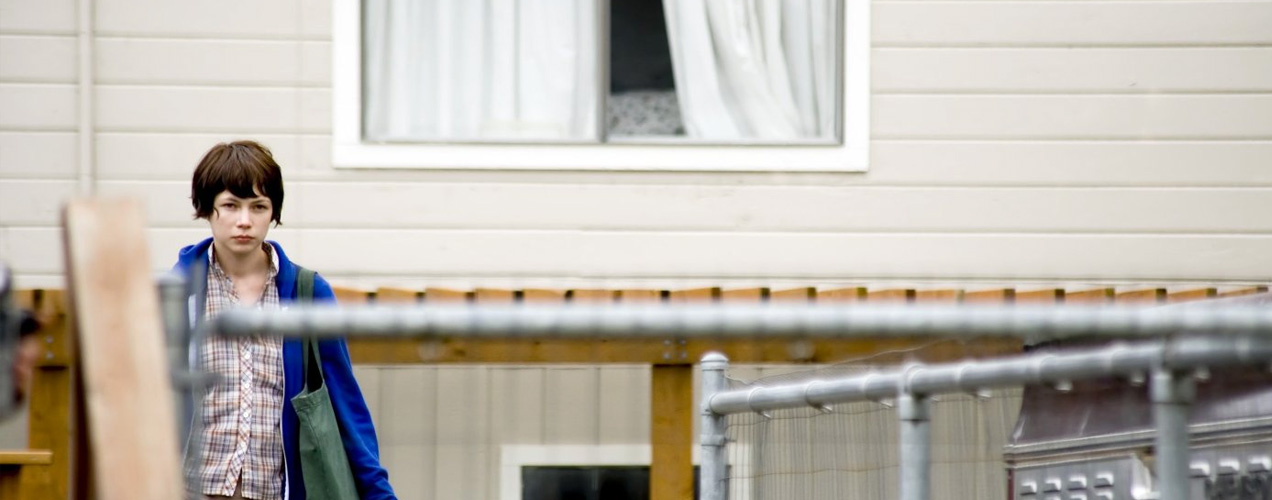
Wendy and Lucy
2008 / Kelly Reichardt > Michelle Williams gives a terrific performance in her portrayal of a twenty-something in search for a new life, but with complications of love and loss in between. But this love and loss is more specifically symbolized by her dog, Lucy. Whether you own a dog or not, the metaphor works on many levels, but unfortunately what doesn’t work for me is the final punch. It’s tender but unlike the pull that Gran Torino had, where I’d become entangled with the characters (regardless of the film’s fundamentals), here I just couldn’t care by the end. Maybe I’ve become a bit cynical with this style of filmmaking, but it tends to be very hit or miss for me. It is a style that should get its due of respect, but nobody should be forced into liking it.
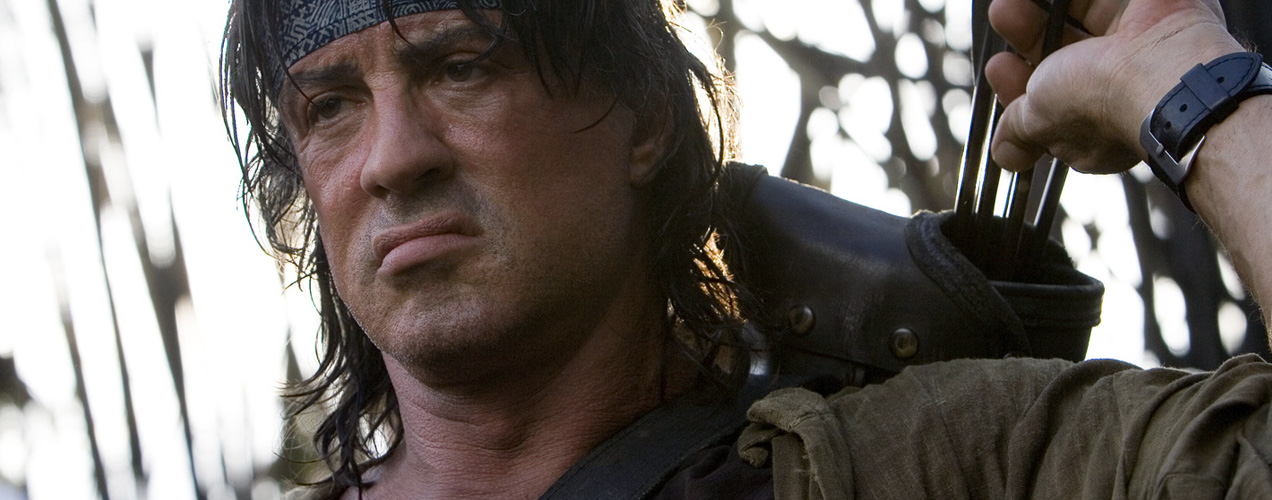
Rambo
2008 / Sylvester Stallone > Exactly what it should be: Thin but acceptable plot, lots of bloody action and gore, and a running time that keeps the babies from crying. I haven’t seen the original ones since I was a wee little lad, so maybe I need a refresher, but Stallone’s smug look in Rambo does get pretty tiring after a while. Has John Rambo always been such a bitter man like this? I want some Tango!

